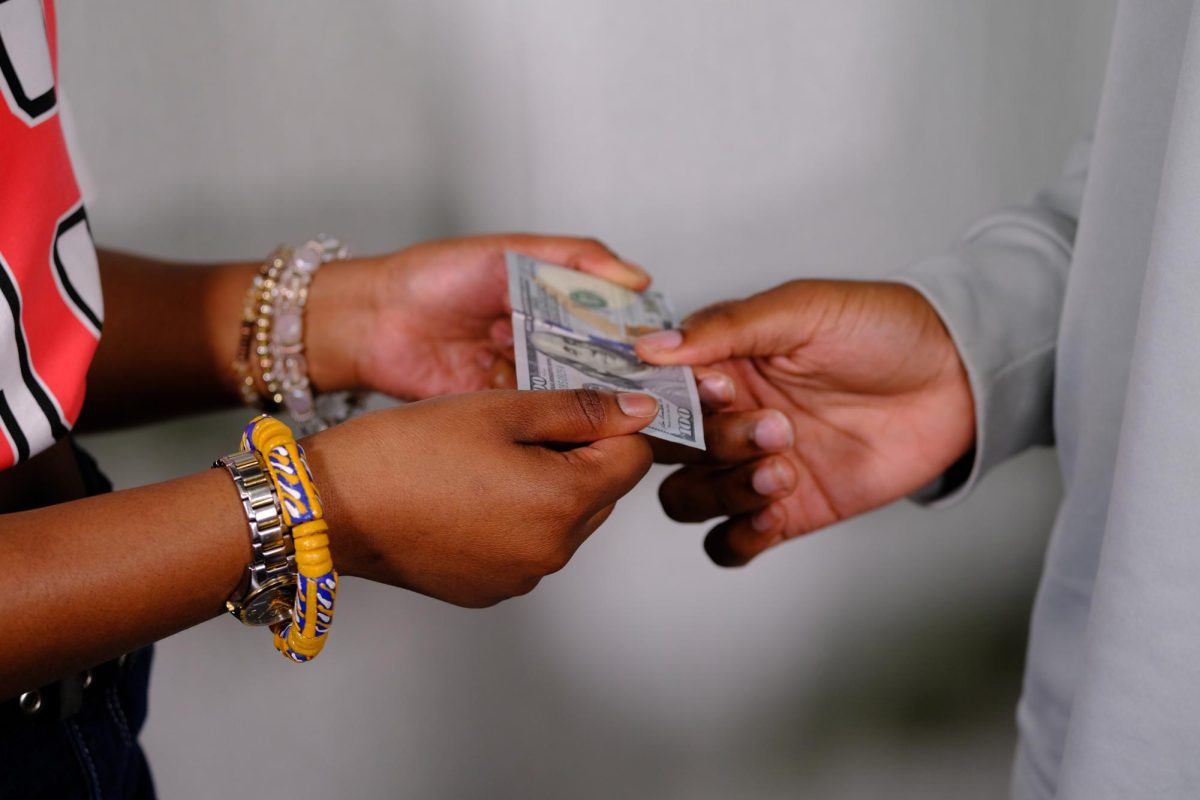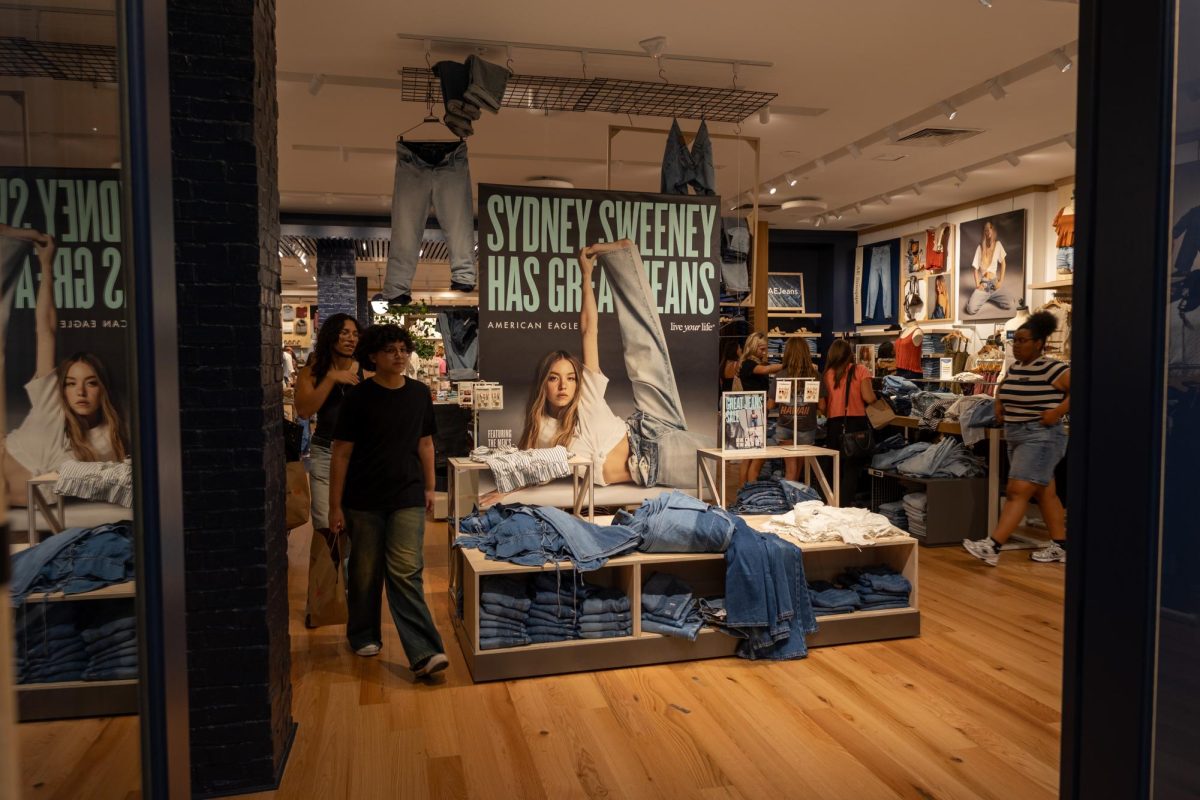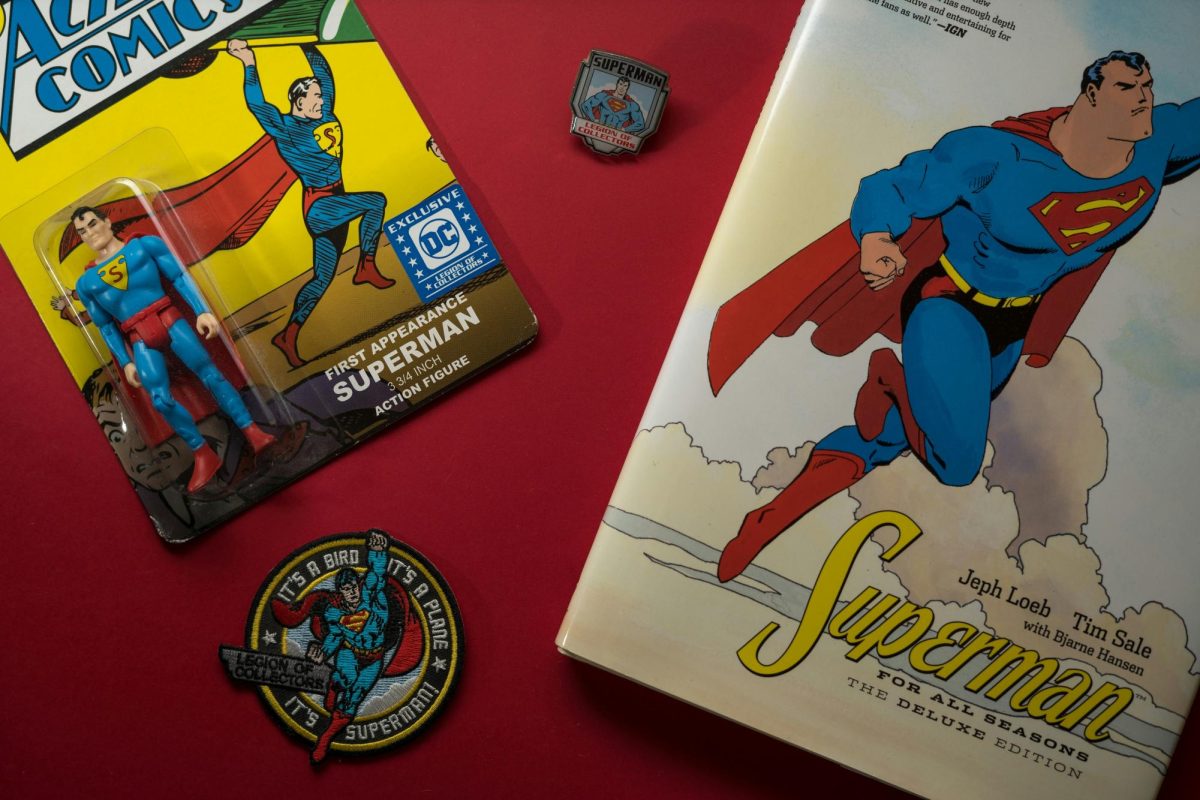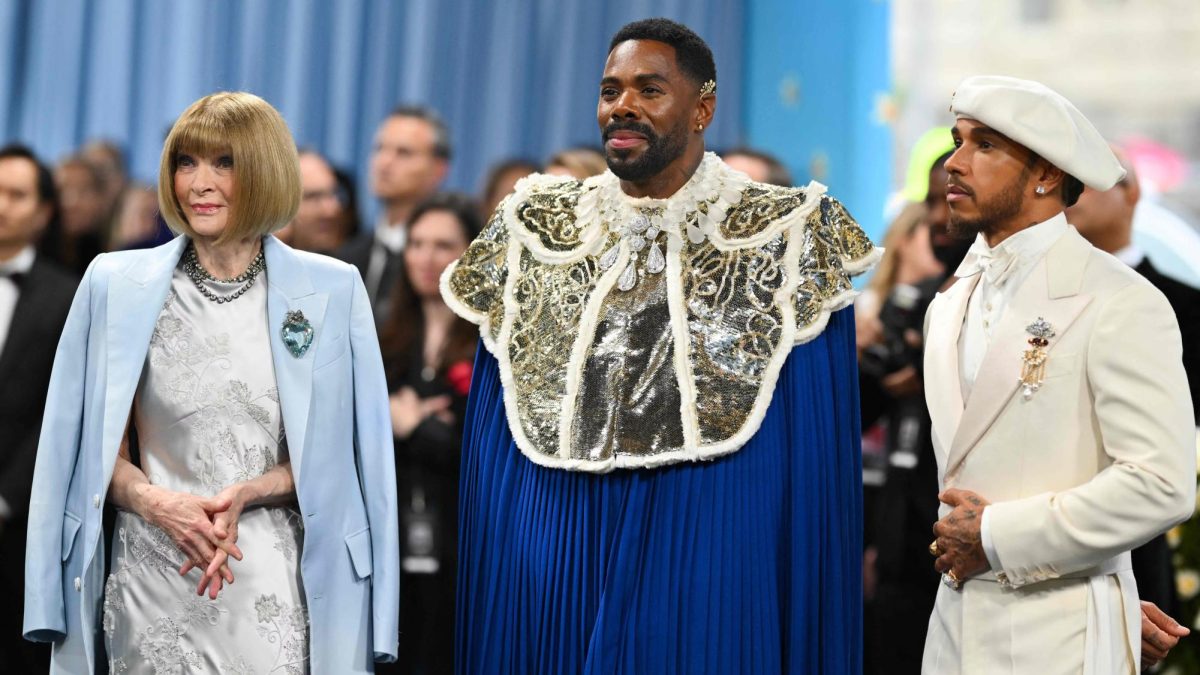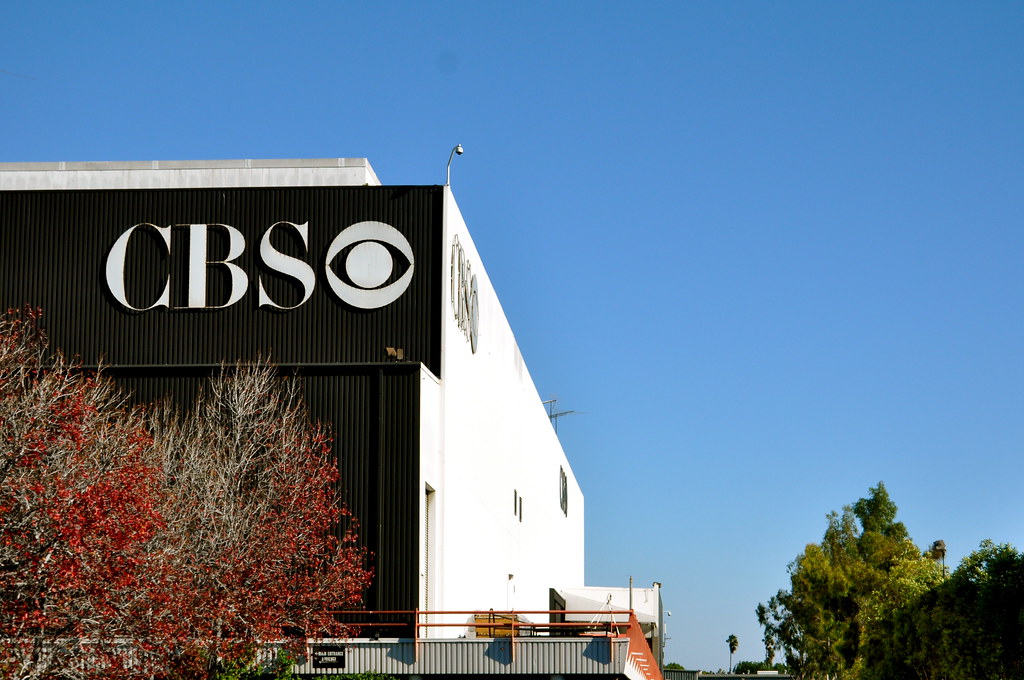Every dollar has its worth, but what does worth mean in a demographic sense? How much value does the POC dollar hold? Not just in the sense of how much certain ethnicities make in today’s society as a result of laws in the past hurting the economic growth of marginalized people – but what do minority owned businesses bring to the table today? Further, why should we support them?
There are plenty of reasons why people should support minority owned businesses, considering how these businesses have a long history of being discriminated against in the United States.
According to the National Community Reinvestment Coalition, “In 2022, the median white household held $284,310 in wealth, more than six times that of the median Black household at $44,100 and four times that of Hispanic households at $62,120. Black households have a wealth gap of 85% compared to White households, and Hispanic households have a wealth gap of 78%.”
These statistics stem from the lack of equitable employment laws, which stem from segregation, which stem back to slavery. Even in the modern age, slavery has effects on the financial status of Black and Brown people.
Minority business ownership also benefits the communities not just on a financial level, but on a social and cultural basis as well. According to a 2023 report by Mintel, “53% of Black consumers struggle to find beauty products that match their skin tone.”
This is where Black-owned businesses shine. When you have business owners who can understand the struggles of their customers and want to fix that, a connection is made. Unfortunately, this statement does not go for all businesses, especially large corporations such as Target that have decided to discontinue their Diversity, Equity and Inclusion (DEI) initiatives, leaving their customers of color in the dust.
But this does not mean that racial minorities can’t fight back. Target’s stance on DEI recently has led to the business losing money. According to the Washington Informer, Target lost $12.4 billion in revenue thanks to campaigns bringing attention to how Target hurts its Black and Brown consumers.
Benjamin F. Chavis Jr., President of the Newspapers Publishers Association, said, “Black consumers helped build Target into a retail giant, and now they are making their voices heard.”
The article also covers how Costco continues to protect its efforts for DEI initiatives, and has found a positive effect in contrast to Target.
Black and Brown people are no longer helpless against discrimination on the economic level and against the sway of racist laws and practices. The dollar of the people can humble businesses that think it is okay to push people of color to the side.
Racial minorities have used the ability to boycott businesses that take racist stances, so let’s look at some powerful brands that embrace cultural diversity and stay true to their purpose of helping communities.
One such brand that pulled away from Target’s shelves is Ghetto Gastro. Ghetto Gastro is a Black-owned business that offers kits of pancakes and waffle mix, pastries and more. The name “Ghetto Gastro” actually comes from the idea of representing home. From Target’s website, their founders have said, “To us, ‘ghetto’ represents resilience, innovation and creativity — it means home; and the ‘gastro’ signifies our intention to revolutionize your palate in thoughtful ways.”
An Asian-owned brand that finds itself in NC is Boba Baba. Boba Baba often reaches out past Cary and can be seen in the Triangle area. Co-founder Justin Lo has said, “We are very passionate about what we do, and that is why we focus on the big picture down to the smallest details in everything we serve.” And he isn’t exaggerating his desire to create products that exceed expectations. Take their Brown Sugar Boba — a recipe that was tweaked for years to balance the sweetness and smoky flavor.
Even closer to NC State’s campus is Urban Pothos. Urban Pothos is both Hispanic and LGBTQ+ owned, and offers a variety of plants that you can set up in your living space to bring in more light.
Last but not least, Habibi Grill offers a tasteful array of foods that are delectable. According to The News & Observer, “The family is Palestinian immigrants, and Habibi Grill serves their native cuisine.”
These businesses are not only diverse in their stories and ownership but also in what they bring to the table. By supporting these businesses, we shift the culture. The POC Dollar is not just about change, but it is a testament to perseverance, ingenuity, and community.

